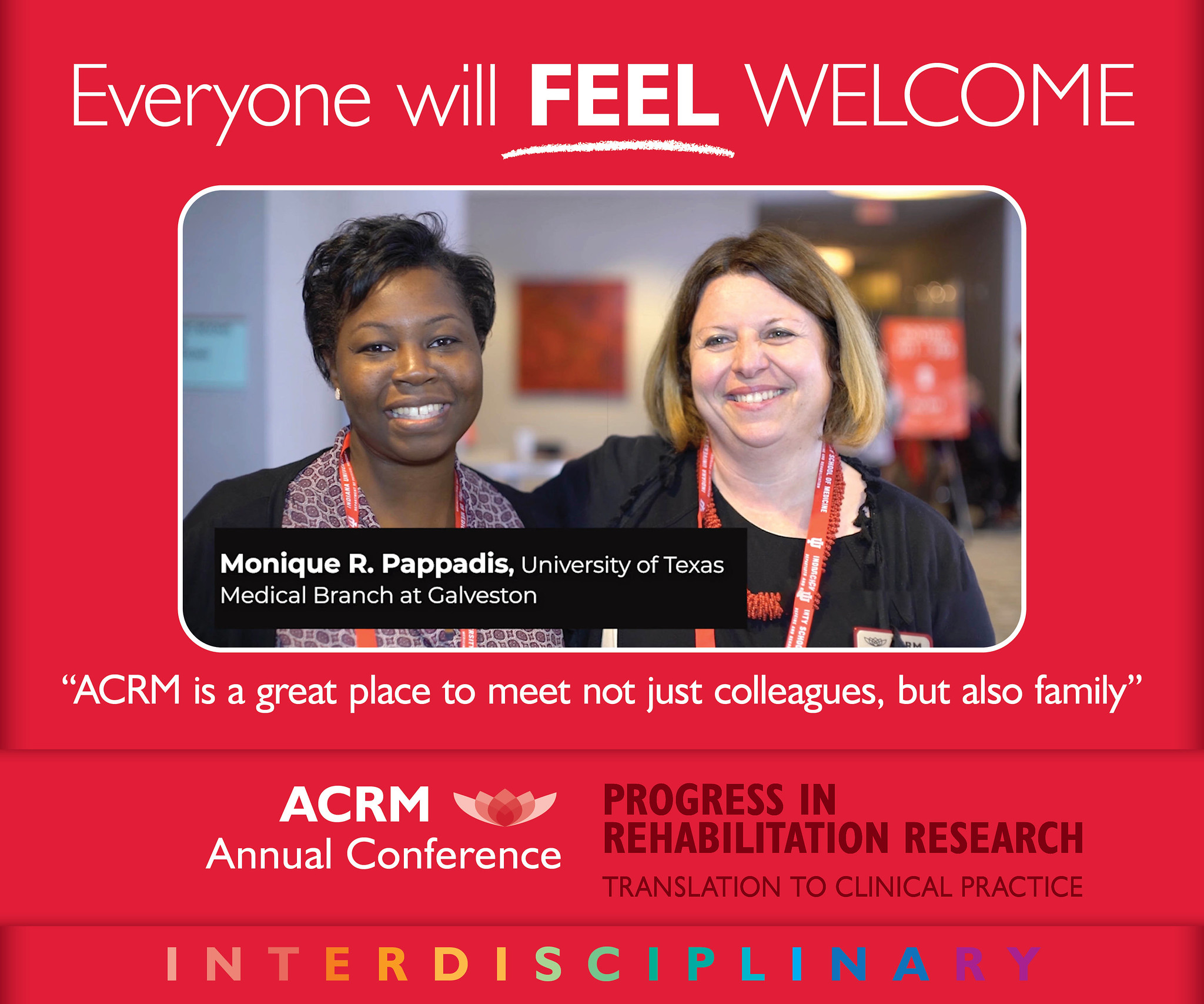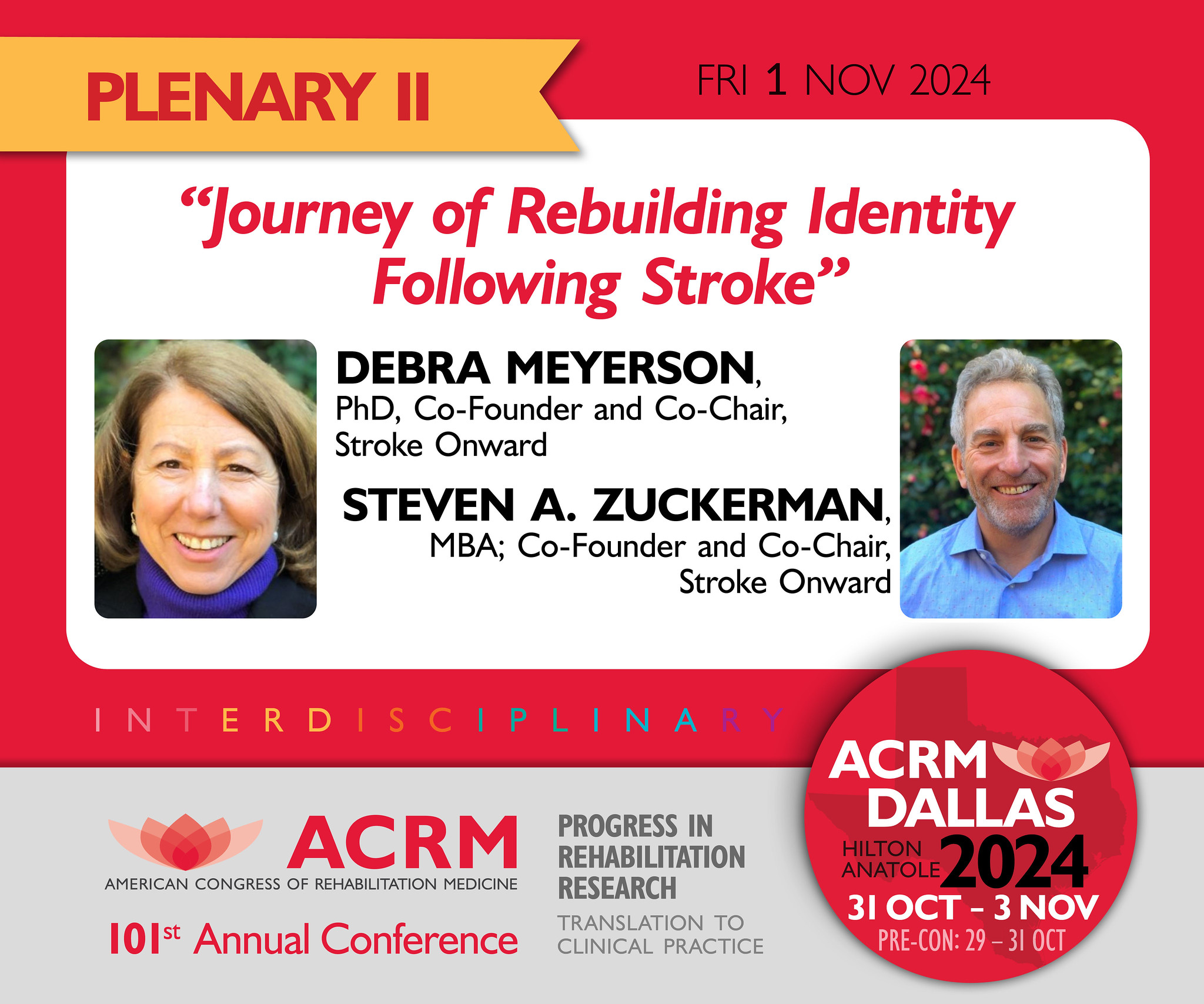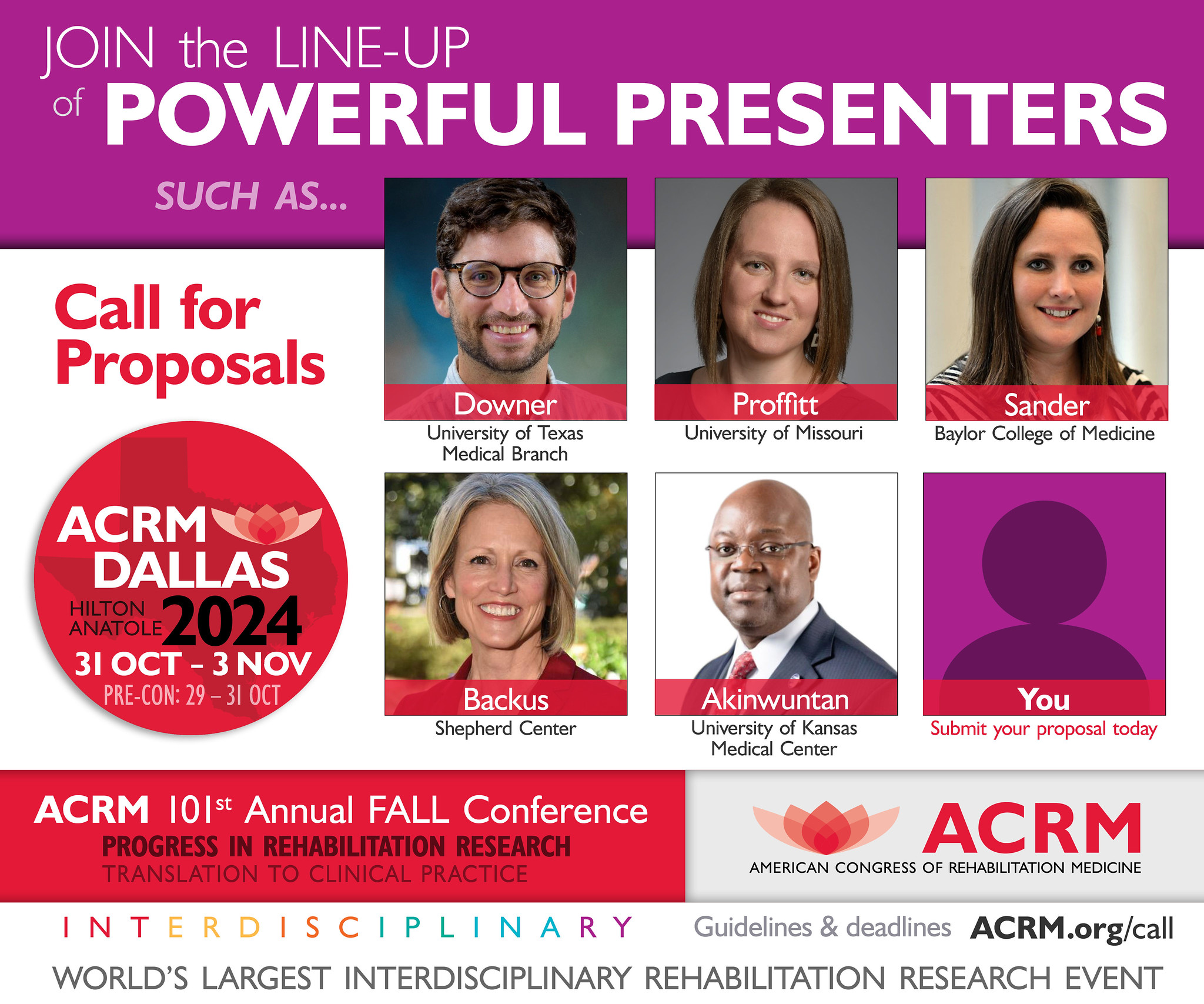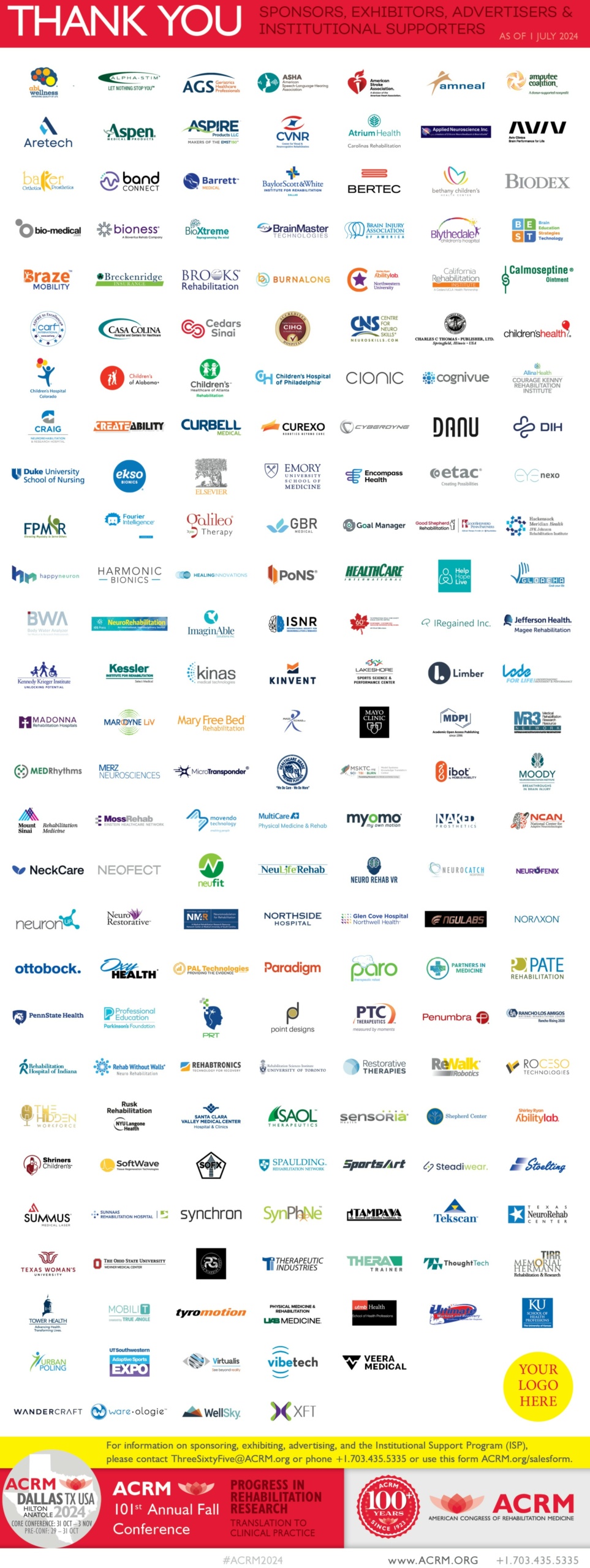4th Federal Interagency Conference on Traumatic Brain Injury
By Tamara Bushnik, PhD, FACRM, Chair, 4th FICTBI, Rusk Rehabilitation and Stephanie Kolakowsky-Hayner, PhD, CBIST, FACRM, Co-Chair, 4th FICTBI, Icahn School of Medicine at Mount Sinai
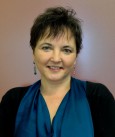
Tamara Bushnik, PhD, FACRM

Stephanie Kolakowsky-Hayner, PhD, CBIST, FACRM

Virginia Mills, MS, PT, CCM, LicNHA, FACRM
From June 11 to 13, 2018, almost 600 individuals attended the 4th Federal Interagency Conference on TBI (FICTBI) in Washington DC. The last conference was held in 2011 and it was clear that a conference presenting the advances in research and clinical service delivery in TBI since that time was needed. The planning for the FICTBI started in June of 2015 and would not have been possible without the involvement of the partners from the 2011 conference who assisted in identifying possible conference topics and tracks. The four workgroups – Research, Practice, Policy, Methods/Tools – were asked to identify:
- the most significant advances in the area of TBI since 2011
- the top priorities for advancing TBI in the short- (1-3 years) and long-term (4-10 years)
- what are/will be the challenges to accomplishing the identified priorities?
The mission of the FICTBI was to showcase traumatic brain injury research, clinical care, and policy that was largely funded through federal funding agencies. In particular, the content was selected to represent the entire lifespan from infants and children to older adults and to highlight all stages of implementation, namely from research to practice to policy. With that broad focus, the Program Committee, chaired by Virginia Mills, MS, PT, CCM, LicNHA, FACRM, was comprised of members representing the major federal funding agencies, academic centers, and national organizations.
Over the 2.5 days of the conference, five plenary sessions presented cutting-edge content focused on:
- Non-Invasive and Invasive Brain Stimulation
- TBI as a Chronic Condition
- Pediatric TBI
- Concussion
- Biomarkers
The educational content consisted of symposia, oral presentations, and poster presentations spanning the over-arching topics of:
- TBI Chronic Health Effects and Public Health Burden
- TBI Outcome Measurement
- TBI Rehabilitation and Intervention Research
- Traditional Underserved Groups and TBI
- Practice Guidelines, Patient-Centered Care, and Knowledge Translation
- Long-Term Service and Supports Delivery Models
The conference provided a dynamic forum for exchanges of ideas and information that was a unique opportunity for interdisciplinary and interagency networking. The paper and poster abstracts were published online in the Archives of Physical Medicine and Rehabilitation in the November 2018 issue. A series of ‘special communications’ manuscripts is planned to provide a high-level summary of research accomplished to date with recommendations for future research.
Special recognition should be given to the National Institute on Disability, Independent Living, and Rehabilitation Research (NIDILRR) for the many contributions of time, effort and financial support for the conference. In addition, the NIDILRR-funded TBI Model Systems were an integral part of the planning process. Finally, ACRM provided the conference management services that were essential for the success of the conference.
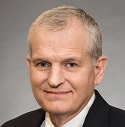
Mark Sherer, PhD, ABPP, FACRM
2018 Galveston Brain Injury Conference
Since 2001, the Galveston Brain Injury Research Conference (GBIC) has invited national and international leaders in the field of brain injury to discuss various topics regarding persons with traumatic brain injury. This annual event is sponsored by the Transitional Learning Center (TLC) of Galveston and the Center for Recovery, Physical Activity and Nutrition (CERPAN) in the School of Health Professions at the University of Texas Medical Branch at Galveston. Members of the Disorders of Consciousness Task Force of ACRM BI-ISIG organized the 2017 and 2018 GBIC.
During the conference, The Robert L. Moody Prize is given to individuals or a team of individuals who have made significant contributions in the field of brain injury research and rehabilitation. The 2018 Moody Prize recipient was Mark Sherer, PhD, FACRM. Dr. Sherer is senior scientist, director of research and neuropsychology at TIRR Memorial Hermann. He is also a clinical professor of Physical Medicine and Rehabilitation at Baylor College of Medicine and the University of Texas Medical School at Houston.
2019 Galveston Brain Injury Conference: Pediatric TBI

Ann Glang

Wayne Gordon
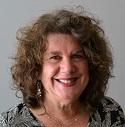
Juliet Haarbauer-Krupa
The 2019 Galveston Brain Injury Conference will be held in May 2019 with the designated topic: traumatic brain injury in children. The conference is an invitation-only, two-day workshop held in Galveston Texas that is sponsored by The University of Texas Medical Branch (UTMB) Health School of Health Professions and The Transitional Learning Center (TLC) of Galveston. Each year, a problem-solving group is invited to engage in brainstorming to develop actions to address gaps and issues that have been identified on topics of interest about persons who have sustained a traumatic brain injury. The focus of the conference on pediatric TBI will be concentrated on developing a plan of action that is a follow-up to the CDC’s Report to Congress on the Management of Traumatic Brain Injury in Children. The conference planning committee is Roberta DePompei, PhD (Chair), Ann Glang, PhD, Wayne Gordon, PhD, ABPP-CN, FACRM, and Julie Haarbauer-Krupa, PhD.


